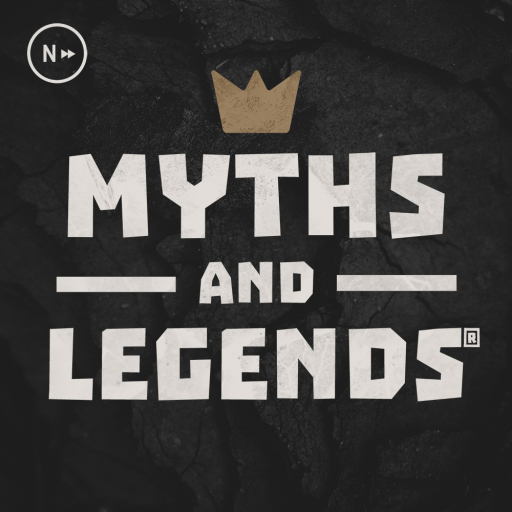PROTECT YOUR DNA WITH QUANTUM TECHNOLOGY
Orgo-Life the new way to the future Advertising by AdpathwayNarada said he had a mango for whoever was first to go around the world. Kartikeya immediately jumped on his peacock and flew around the earth. Ganesha simply walked around his parents and declared himself the winner. Ganesha argued his parents were his world and so he went around ‘his’ world, not ‘the’ world. Narada had not clarified which world he was talking about-the objective world which is located outside the mind (the world, common to all) or the subjective world, which is inside the mind (our world, exclusive to us).
This simple story is not about loving our parents more than the world (which is how many children interpret the story). It is a story that draws attention to the sharp divide between the measurable world of matter and the non-measurable world of the mind.
In Hindu metaphysics, nature is separated from the imagination. The word for nature is Prakriti. The objective ontological reality outside all human minds. The word for human imagination is Purusha. The subjective epistemological reality within each human mind.
People often use complicated words like ‘consciousness’ or ‘spirit’ or ‘soul’ for the imagination because the idea of imagination terrifies even the smartest of scholars, politicians and activists. Imagination exists, but cannot be measured, controlled or predicted. It is this imagination that separates humans from animals and plants.
Cats are curious too. But human curiosity is about explanations -why does the world function the way it does, why do we exist. This curiosity leads to measurements, experiments and formation of mathematical equations that give humans power over nature. Humans also have a thumb that enables us to realise this vision. If a horse had imagination, how would he make pots without the thumb?
All this makes humans different-despite having no claws or fur or wings, we have been able to dominate the planet. For we have been able to make tools and technology to even domesticate humans -control and manipulate human minds.
Foundationally, humans are animals. We have hunger, we fear, we seek food, we seek protection, we seek company, we compete, we collaborate, we reproduce, just like animals. We seek allies and shun rivals. Our body clearly is aware of our mortality.
However, our imagination changes the way we look at the world. Our hunger is twofold. First, physical hunger: we need food, clothing, shelter, transport, security, comfort. Animals have this, too. And, psychological hunger: we seek entertainment, attention, glamour, success, freedom, meaning. Animals do not have this.
It is this imagination that amplifies our hunger, it also amplifies our fear. Just as we can imagine a world with infinite hunger and infinite fear, we can also imagine a world with infinite food and infinite security. In Greek paradise, this is called cornucopia, the horn of plenty, overflowing with food all the time. There is ambrosia that keeps Olympian gods youthful and healthy and energetic all the time.
While animals are able to create simple tools to catch food and to protect themselves, humans have the ability to create complex tools using this imagination. We can use this to become better hunters, better foragers, eventually farmers and herdsmen. We can use it to build houses, store food, wear clothes, and so humans have been able to live in all kinds of ecosystems-atop mountains, on seashores, in forests, in deserts, in cold icy lands, on warm isolated islands. We created stone tools, metal tools, wooden tools, bone tools, big tools, small tools, fine tools. We figured out how to harness energy from water and heat and wind. We were able to control fire, water and wind. We were able to figure out how to grow plants, how to domesticate animals. And that is how culture emerged. Imagination along with curiosity. And the ability to realise what is imagined.
We moved from being hunter-gatherers who understood the patterns of nature to actually farmers and herdsmen who could manipulate nature, domesticate animals, create farms, create orchards and thus generate more food. Our imagination of other people’s hunger enabled us to imagine the marketplace where we can buy and sell goods and services, even ideas. This ability to imagine new worlds, and conjure up words, invent languages and writing to communicate those worlds, is unique to humans.
Horrifyingly, though, we could also imagine a world without us. So, then, we imagined stories that granted our lives meaning and purpose. We imagined what happens after death and inspired ourselves to build tombs and monuments.
Thus, the imagination that enabled the agricultural revolution, the industrial revolution, the digital revolution was also the same imagination that enabled humans to compose literature, music, theatre to explain our place in the world we kept creating.























 English (US) ·
English (US) ·  French (CA) ·
French (CA) ·